This article is reviewed by an expert
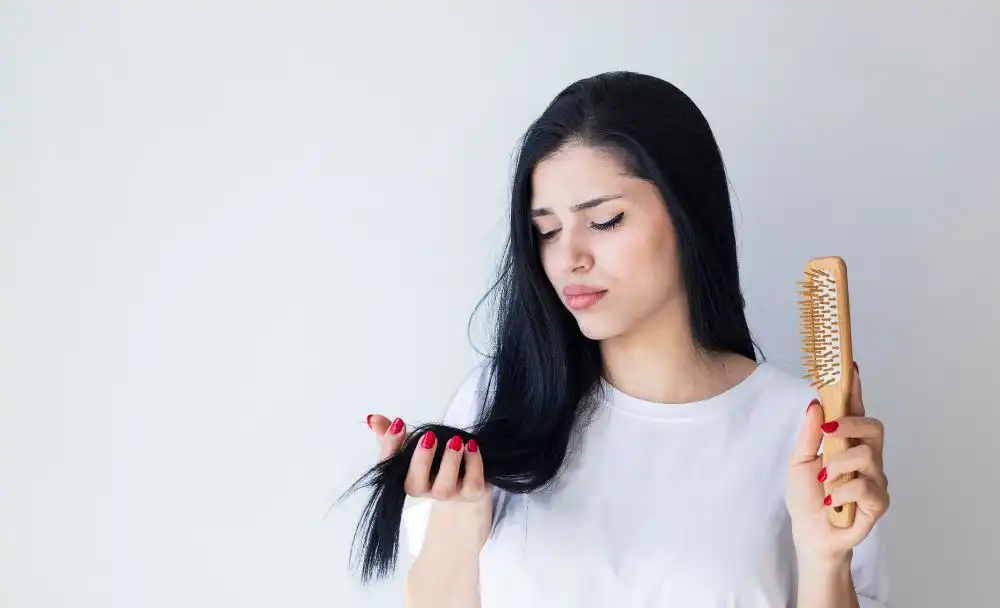
The clinical term for excess, abnormal or premature hair fall is ‘alopecia’. Alopecia can range from mild shedding to complete baldness and can result from various factors such as genetics, hormonal changes, medical conditions, and certain medications. While there are some causes that we can’t do much about, there are many other reasons for hair fall that we can address. Understanding the reason for hair fall is the first step towards fighting it. Hair loss is a common issue, affecting a significant portion of the population. By the age of 50, about 50% of men and 25% of women experience some degree of hair loss [1,2].
Although hair loss is not a life-threatening condition, it must be dealt with as it can have a profound emotional impact on individuals. It often affects self-esteem, body image, and psychological well-being. Many people associate a full head of hair with attractiveness and youth, so experiencing hair loss can lead to feelings of embarrassment, self-consciousness, and reduced self-confidence. Individuals may undergo anxiety, depression, and social withdrawal due to these emotional challenges. If you feel overwhelmed by the problem and need help, talk to an expert to get the help you need.
Here are 20 reasons for hair fall, as well as remedies to deal with them.
20 Causes For Hair Fall
- Age: As you get older, your hair may become thinner and more prone to breakage. This is the most common type of hair loss, affecting both men and women as they age [3].
Treatment: Age-related hair fall is not reversible, but you can adopt healthy lifestyle habits and hair care practices to delay or stop hair fall.
- Heredity: If you have a family history of baldness, you may inherit a condition that causes hair loss with age. This affects both men and women in different patterns [4].
Treatment: Options can vary depending on each individual case, but some natural treatments that are thought to slow progression include onion juice extract [5].
- Gender: Genetic sensitivity to dihydrotestosterone (DHT) causes hair follicles to shrink, leading to gradual hair thinning and eventual baldness. This is called Androgenetic Alopecia (Male Pattern Baldness). It is not only the primary reason for hair fall in males, but it is also the most common reason for hair fall in females. However, it affects men much earlier in life causing baldness, whereas it affects women later in life and mainly causes hair thinning [6].
Treatment: Topical minoxidil or oral finasteride can slow hair loss and promote regrowth in some individuals [7]. Unfortunately, these treatments are also linked to serious side effects, especially with prolonged use. Ayurvedic hair care products containing Bhringraj oil can be an effective alternative [8].
- Hormonal Changes: This is a common reason for hair fall in men and women but the mechanisms of action can differ. Hormonal imbalances, such as changes in testosterone levels, can contribute to hair loss in men, while hormonal fluctuations during pregnancy or menopause can contribute to hair loss in women.
Treatment: Addressing the underlying hormonal imbalance through medication or hormonal therapy can help manage hair loss. Ayurvedic therapies offer safe treatment options, with herbs such as Shatavari and Ashwagandha known to restore hormonal balance [9,10].
- Alopecia Areata: An autoimmune condition that leads to sudden hair loss in small, round patches.
Treatment: Corticosteroid injections into the affected areas, topical corticosteroids, or immunotherapy may stimulate hair regrowth but pose their own risk [11].
- Medications: Some medications, such as certain blood pressure drugs and antidepressants, can cause hair loss.
Treatment: Consulting a healthcare provider to explore alternative medications with fewer hair loss side effects might be considered. The best option would be to control the underlying disease, such as hypertension or depression with Ayurvedic medications.
- Scalp infections: Some bacterial or fungal infections that affect the scalp can cause inflammation, itching, and hair loss. Examples of these infections are folliculitis, impetigo, tinea capitis, and seborrheic dermatitis.
Treatment: These infections can be treated with antibiotics, antifungals, or medicated shampoos. A number of Ayurvedic herbs and hair shampoos contain ingredients that are known for their antimicrobial properties and good options include Neem and Manjishtha [12].
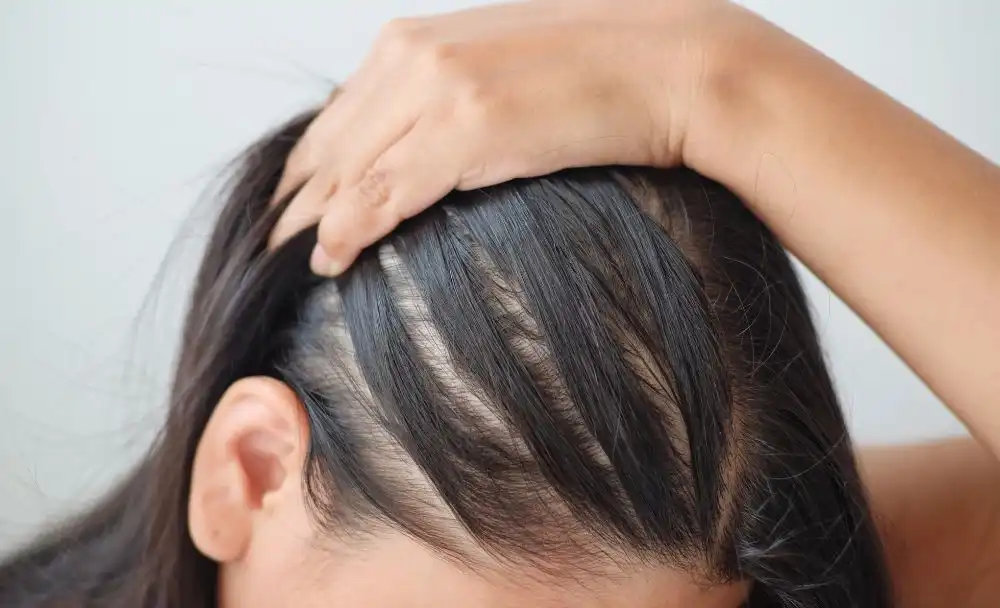
- Medical conditions: Some diseases may affect the scalp and cause hair fall indirectly due to their impact on nutrition that results from dietary restrictions or malabsorption. Examples of such conditions can include irritable bowel syndrome and ulcerative colitis, among others [13].
Treatment: This will require not just management of the underlying condition, but closer monitoring of nutritional status to tackle nutritional deficiencies as they arise.
- Stress: A physical or emotional shock can cause hair to loosen and fall out. This type of hair loss is usually temporary and may occur after a sudden weight loss, surgery, high fever, or loss of a loved one.
Treatment: Stress management techniques like relaxation exercises, meditation, and counseling can help reduce hair loss related to stress. Adaptogenic herbs like Ashwagandha and Brahmi are also renowned for relieving stress and anxiety [14, 15].
- Anabolic steroids: If you take anabolic steroids, the type abused by some athletes to bulk up muscle, you could lose your hair. Steroids can affect the hormones that regulate hair growth and cause male-pattern baldness.
Treatment: Discontinuing anabolic steroid use and consulting a healthcare professional for guidance is essential; hair loss might improve after discontinuation. Switch to natural bodybuilding supplements such as Ashwagandha and Shilajit.
- Trichotillomania: This is a psychological disorder that causes people to compulsively pull out their own hair from the scalp, eyebrows, eyelashes, or other parts of the body. It often begins in childhood and is more common in females than males.
Treatment: Behavioral therapy and support groups can help manage the compulsive hair-pulling behavior associated with trichotillomania [16].
- Zinc deficiency: Zinc is another important mineral for hair health. If you have low levels of zinc in your body (hypozincemia), you may suffer from hair loss or poor hair quality.
Treatment: Zinc supplements or foods rich in zinc can help improve this condition.
- Biotin deficiency: Biotin is a type of vitamin B that helps your body convert food into energy. It also plays a role in keeping your hair healthy and strong. If you have low levels of biotin in your body (biotinidase deficiency), you may experience brittle hair that breaks easily or falls out.
Treatment: Biotin supplements can help improve hair health in cases of biotin deficiency. Good dietary sources include spinach, sweet potatoes and almonds.
- Vitamin D deficiency: Vitamin D helps stimulate the growth of new hair follicles and maintain the health of existing ones. If you have low levels of vitamin D in your body (hypovitaminosis D), you may experience hair loss or thinning [17].
Treatment: Exposure to sunlight or vitamin D supplements can help increase your vitamin D levels.
- Smoking: Smoking can damage your blood vessels and reduce the blood flow to your scalp. This can affect the health of your hair follicles and lead to hair loss or thinning [18].
Treatment: Quitting smoking can help improve your hair health and prevent further damage.
- Thyroid disorders: Your thyroid gland produces hormones that regulate your metabolism, growth, and development. If your thyroid gland is overactive (hyperthyroidism) or underactive (hypothyroidism), it can affect your hair growth and lead to hair loss or thinning.
Treatment: Medications or supplements that balance your thyroid hormone levels can help treat this condition and prevent further hair loss.
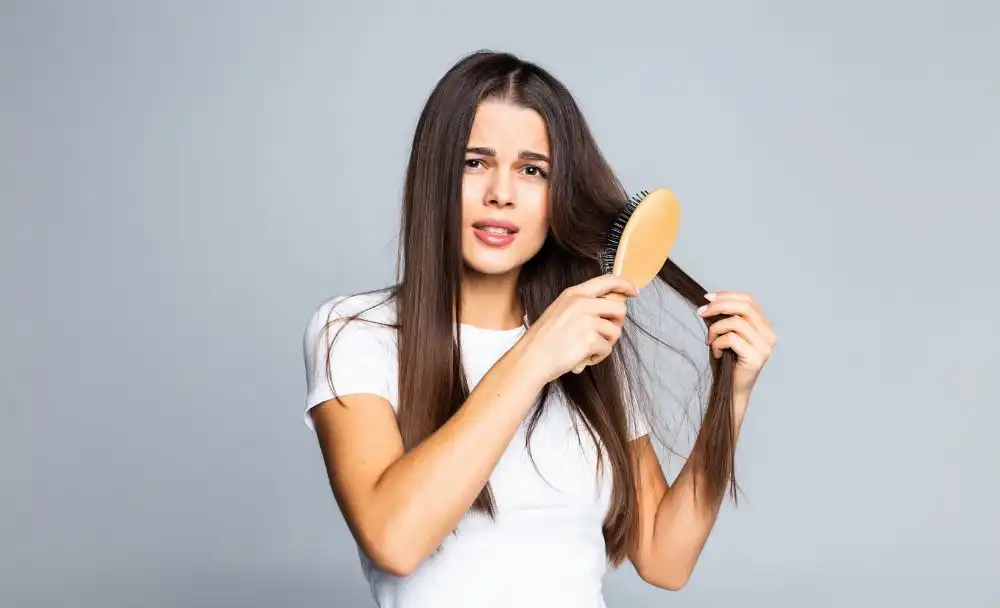
- Polycystic ovary syndrome (PCOS): PCOS is a hormonal disorder that affects women of reproductive age. It causes irregular periods, excess male hormones, and ovarian cysts. It can also cause hair loss or thinning on the scalp and unwanted hair growth on the face or body.
Treatment: Medications or lifestyle changes that regulate your hormones can help treat this condition and improve your hair health. Ayurvedic therapies with proven efficacy for PCOS management include Shodhana, Shamana and Tarpana [19].
- Hairstyling Practices: Excessive use of tight hairstyles, heat styling, and harsh chemicals can damage hair follicles. In fact, constant pulling or tension on the hair due to hairstyles like tight braids or ponytails is called traction alopecia.
Treatment: Adopting gentler hairstyling methods, using heat protectants, and avoiding harsh chemicals can prevent further damage.
- Chemotherapy: Strong medications used in cancer treatment target rapidly dividing cells, including hair follicles. This leads to widespread hair loss. Hair loss due to chemotherapy is often temporary, and hair typically regrows after treatment is completed.
Treatment: Hair usually regrows on its own after chemotherapy is completed; supportive care measures like using gentle hair care products are advised.
- Scleroderma: This is a rare autoimmune disorder that may lead to hair loss in affected areas due to reduced blood flow and tissue damage. Hair loss can be a result of scarring on the scalp or changes in blood supply to hair follicles [20].
Treatment: Addressing the autoimmune aspects and optimizing overall health can indirectly support hair regrowth.
FAQs
Is hair loss reversible?
Depending on the cause, some types of hair loss, like those due to stress or nutritional deficiencies, can be reversible with appropriate treatment and lifestyle changes.
When should I seek medical help for hair loss?
It’s advisable to consult a dermatologist or healthcare professional if you notice sudden or severe hair loss, as they can determine the cause and recommend suitable treatments.
Can stress cause hair loss?
Yes, stress can contribute to hair loss by triggering conditions like telogen effluvium, causing temporary shedding.
Disclaimer: The information provided here is for general information and not meant to substitute any medical advice. Please consult your doctor for appropriate medical consultation.
References:
- https://www.ncbi.nlm.nih.gov/books/NBK278957/
- https://www.ncbi.nlm.nih.gov/pmc/articles/PMC2684510/
- https://www.ncbi.nlm.nih.gov/pmc/articles/PMC10075351/
- https://www.ncbi.nlm.nih.gov/pmc/articles/PMC9710406/
- https://onlinelibrary.wiley.com/doi/abs/10.1111/j.1346-8138.2002.tb00277.x
- https://www.ncbi.nlm.nih.gov/pmc/articles/PMC4174066/
- https://www.ncbi.nlm.nih.gov/pmc/articles/PMC4314881/
- https://link.springer.com/article/10.1007/s00403-008-0860-3
- https://www.ncbi.nlm.nih.gov/pmc/articles/PMC8708006/
- https://www.ncbi.nlm.nih.gov/pmc/articles/PMC6438434/
- https://www.ncbi.nlm.nih.gov/pmc/articles/PMC3149478/
- https://www.ncbi.nlm.nih.gov/pmc/articles/PMC9195866/
- https://academic.oup.com/ibdjournal/article/19/8/1753/4603162
- https://www.liebertpub.com/doi/full/10.1089/acm.2014.0177
- https://www.ncbi.nlm.nih.gov/pmc/articles/PMC8943402/
- https://files.eric.ed.gov/fulltext/EJ998638.pdf
- https://www.ncbi.nlm.nih.gov/pmc/articles/PMC5387874/
- https://karger.com/sad/article/7/4/251/291628/The-Effects-of-Smoking-on-Hair-Health-A-Systematic
- https://www.ncbi.nlm.nih.gov/pmc/articles/PMC3215317/
- https://www.minervamedica.it/en/journals/Ital-J-Dermatol-Venereol/article.php?cod=R23Y2014N01A0079




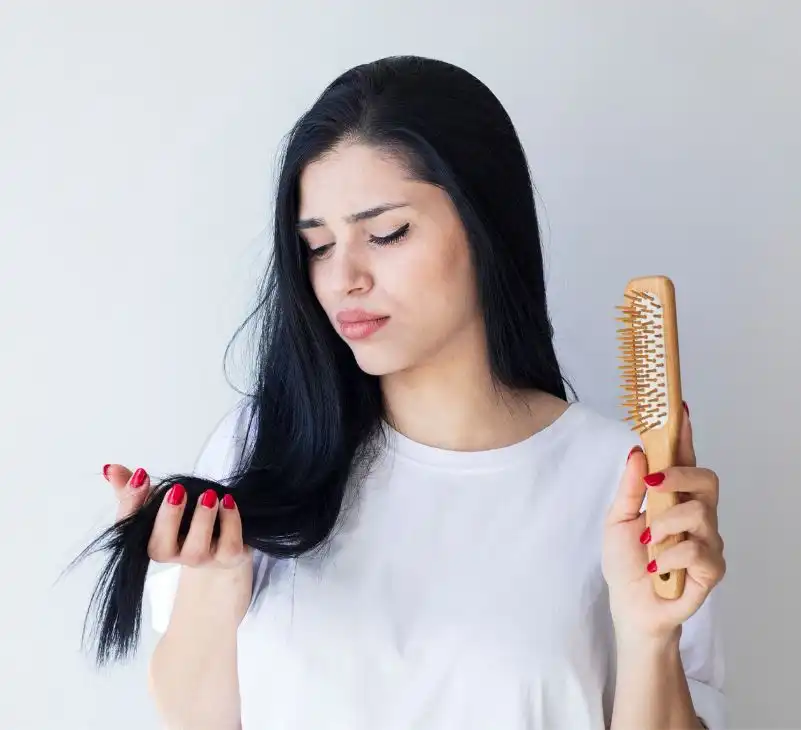


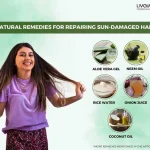

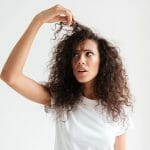






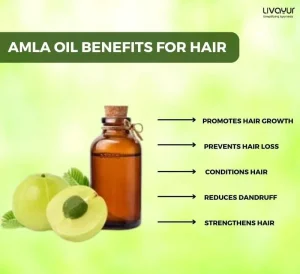
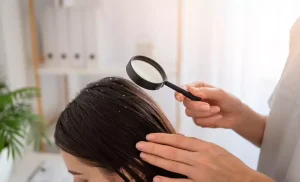








1 Comments